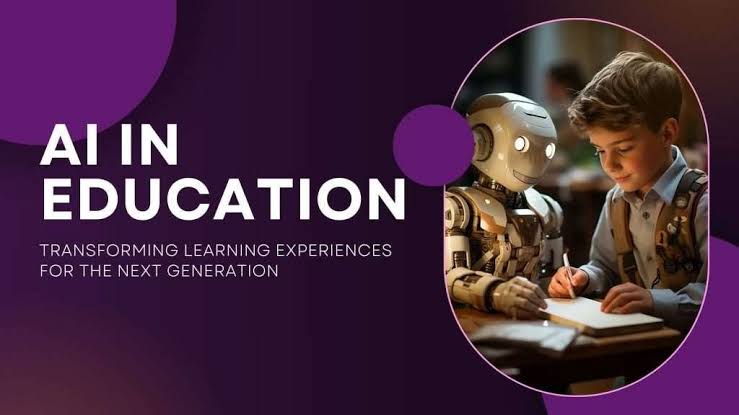As technology continues to advance, machine learning (ML) is poised to revolutionize various sectors, including education. By leveraging the power of data and algorithms, machine learning offers the potential to transform learning and teaching processes, making them more personalized, efficient, and effective. This article explores the impact of machine learning on the future of education, examining how it can enhance both student learning and teaching practices.
Personalized Learning
Adaptive Learning Systems
Machine learning enables the development of adaptive learning systems that can tailor educational content to the individual needs of students. These systems analyze a student's performance data to identify strengths and weaknesses, adjusting the difficulty and type of content presented accordingly. By providing customized learning experiences, adaptive systems can help students learn at their own pace, improving engagement and outcomes.
Predictive Analytics
Predictive analytics, powered by machine learning, can forecast student performance and identify those at risk of falling behind. By analyzing historical data and identifying patterns, these tools can provide early warnings to educators, allowing for timely interventions. Predictive analytics can also guide students in making informed decisions about their educational paths, suggesting courses or study methods that are likely to improve their performance.
Enhancing Teaching Practices
Intelligent Tutoring Systems
Intelligent tutoring systems (ITS) use machine learning to provide personalized instruction and feedback to students. These systems simulate one-on-one tutoring by adapting to the student's learning style and pace, offering hints and explanations as needed. ITS can help bridge the gap in education by providing support to students who may not have access to human tutors, enhancing their learning experience.
Automated Grading and Assessment
Machine learning can streamline the grading process by automating the assessment of assignments and exams. Automated grading systems can evaluate multiple-choice questions, essays, and even complex problem-solving tasks with high accuracy and consistency. This not only reduces the workload for educators but also provides students with timely feedback, allowing them to identify areas for improvement quickly.
Improving Educational Content
Content Recommendation Systems
Similar to how streaming services recommend movies and shows, machine learning can be used to develop content recommendation systems for education. These systems analyze a student's preferences, learning history, and performance to suggest relevant resources, such as articles, videos, and exercises. By curating personalized content, recommendation systems can enhance student engagement and motivation.
Creation of Adaptive Learning Materials
Machine learning can assist in the creation of adaptive learning materials that adjust based on student interaction. For example, interactive textbooks can use ML algorithms to modify explanations and examples in real-time, depending on the student's understanding and progress. This dynamic approach ensures that learning materials remain relevant and effective for each individual student.
Facilitating Administrative Tasks
Efficient Resource Allocation
Machine learning can optimize the allocation of educational resources, such as classroom space, teaching materials, and faculty time. By analyzing patterns and predicting demand, ML algorithms can help administrators make informed decisions, ensuring that resources are utilized efficiently. This can lead to cost savings and improved educational experiences for students.
Enrollment Management
Predictive analytics can also be applied to enrollment management, helping institutions forecast application trends and student retention rates. By understanding these patterns, schools can develop strategies to attract and retain students, enhancing their overall success. Additionally, machine learning can assist in identifying factors that contribute to student attrition, allowing institutions to address these issues proactively.
Challenges and Considerations
Data Privacy and Security
As machine learning relies heavily on data, ensuring the privacy and security of student information is paramount. Educational institutions must implement robust data protection measures and comply with regulations to safeguard sensitive information. Transparent data practices and informed consent are essential to maintaining trust and ethical standards in the use of ML in education.
Equity and Accessibility
While machine learning has the potential to democratize education, it also poses the risk of exacerbating existing inequalities. Ensuring that all students have access to the technology and resources required to benefit from ML-enhanced education is crucial. Efforts must be made to bridge the digital divide and provide support to underserved communities to prevent further disparities.
Training and Professional Development
Educators must be equipped with the skills and knowledge to effectively integrate machine learning tools into their teaching practices. Professional development programs and ongoing training are essential to help teachers understand and utilize ML technologies.
